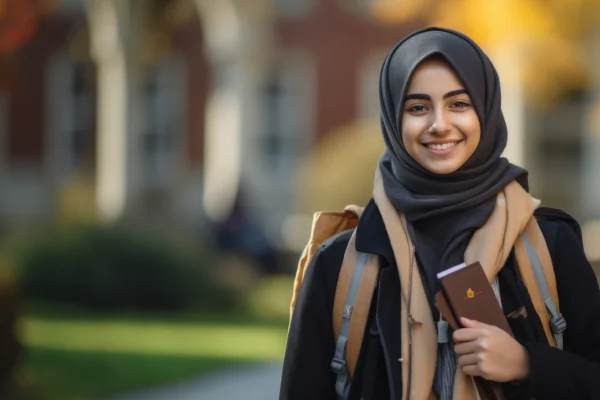EDUCATION IN THE GCC – OPENING DOORS TO WORLD-CLASS LEARNING
- BUZZAAR
-
Jul 01
- Share post

The Gulf region has always been a land of ambition, growth, and transformation — and now, that spirit is deeply reflected in its evolving education landscape. Over the last decade, the GCC has witnessed a remarkable rise in the number of international schools, offering world-class curricula and cutting-edge learning environments that rival the best in the world.
From Abu Dhabi to Muscat, Doha to Riyadh, international schools are not just educating the next generation — they are empowering them with a global mindset, academic
excellence, and a solid foundation for future success.
A Boom in Global Standards
Once considered an option for expatriates, international education in the GCC is now in high demand among both local and expat families. Whether it’s the British, American, IB, French, or Indian CBSE curriculum, families are seeking schools that blend academic rigor with global exposure.
In cities like Dubai, over 60% of schools now offer international programs. In Riyadh and Jeddah, top-tier institutions are being established with partnerships from global educational groups. Oman, Bahrain, and Kuwait are also making significant strides, investing in premium school campuses with international accreditations and world-renowned faculty.
Why the Demand?
The rise of international schools is driven by a number of factors. For corporate professionals and entrepreneurs across the GCC, quality education has become a non-negotiable investment. Parents want their children to have access to Ivy League pathways, global universities, and career-readiness programs — and international schools provide just that.
At the same time, GCC governments are actively encouraging educational reform and diversification. As part of national visions such as Saudi Arabia’s Vision 2030 or Oman’s Vision 2040, education is a key pillar — with emphasis on critical thinking, bilingualism, digital fluency, and global citizenship.

Beyond Academics: Nurturing the Whole Child
Modern international schools are not just about high grades and standardized testing. They emphasize holistic development — from robotics labs to performing arts studios, sports facilities to environmental programs.
Students are encouraged to engage in community service, leadership programs, innovation challenges, and intercultural exchanges. The goal? To produce not just scholars, but confident, well-rounded individuals prepared for a fast-changing world.
A Diverse Learning Environment
Another major advantage of international schools is the diverse student body. In many GCC cities, classrooms include children from over 50 nationalities. This multicultural exposure fosters open-mindedness, empathy, and global awareness from an early age.
For youth, this means growing up in a classroom that mirrors the real world — where collaboration across cultures is the norm and innovation is nurtured through inclusion.
A Bright Future Ahead
With increasing investments, favorable government policies, and rising expectations from parents, the future of education in the GCC looks promising. International schools are setting new benchmarks in teaching, infrastructure, and student outcomes — opening doors to top global universities and international careers.
In a region known for its bold visions and rapid evolution, the education sector is truly becoming its most valuable asset.
Education – Setting High Standards
From tradition to transformation, the GCC’s new generation is being shaped not just to succeed — but to lead. And at the heart of it all are schools that are building global citizens with local roots and limitless dreams.

